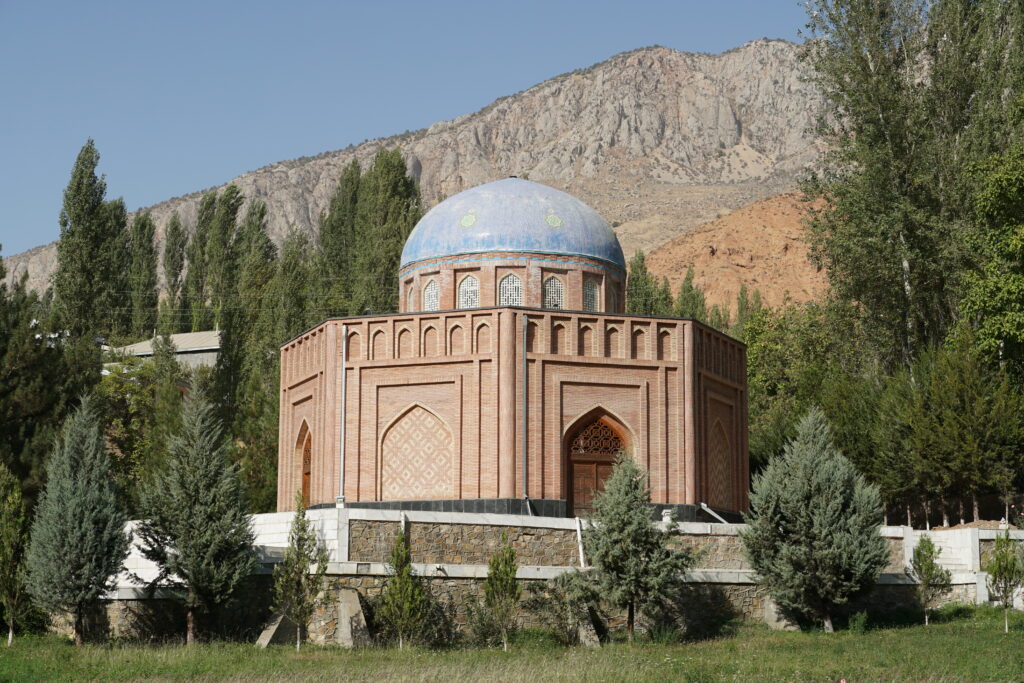In Tajikistan, poetry preoccupies a special place in peoples ethnic and national identity and in their daily lives. Tajiki, the language spoken in the country, belongs to the Iranian language family and many Tajik contemporaries understand themselves as inheritors of classical Persian literary traditions. Abu ʿAbdollah Jaʿfar ibn Mohammad Rudaki, who is widely regarded as the ‘father of Persian poetry’, is believed to have originated from the mountain village Panjrud situated in the Zeravshan valley, in the North-West of present-day Tajikistan.


Rudaki’s verses inspired many generations of poets across Central Asia and are widely known by Tajik citizens of all ages. His couplets and poems are learned by heart at schools and accompany the people throughout their lifetime. Similar to the lyric of other Persian-speaking poets such as Rumi, Ferdawsi, and Saadi, Rudaki’s verses are used as sharp-witted commentary to human character traits and deeds or as aids for verbalizing inner thoughts, feelings, and experiences. During fieldwork in Tajikistan, I asked many research participants to recall a verse or poem that depicts old age or the ageing process in the broadest sense. Not a few started to recite Rudaki’s ode Shikoyat az piri (Complaints of old age), where the poet looks back at his life nostalgically remembering his youth and complaining about the pains of growing old.
Маро бисуду фуру рехт, ҳар чи дандон буд,
Набуд дандон, лобал чароги тобой буд.
Сапеду симзада буду дурру марҷон буд,
Ситораи саҳарӣ буду қатраборон буд.
Яке намонд кунун, з-он ҳама бисуду бирехт.
To me futile dropped, all the teeth that were,
Those were not teeth, those were shiny lights.
White and silver shod they were, pearls and corals.
A morning star they were, a raindrop.
Not a single one left, all they useless tumbled.
Чи наҳс буд? Ҳамоно ки наҳси Кайвон буд?
На наҳси Кайвон буду на рӯзгори дароз,
Чи буд? Ман-т бигуям: қазои Яздон буд.
What was the misfortune? The same as Kayvan’s?
There was no Kaivan’s misfortune, neither long life,
What was? Let me tell you: Yazdon’s judgment it was.
Alongside the written literary culture that attributes the authorship to well-known poets, Central Asia also has a rich tradition of oral recitation and musical genres characterised by fluidity and improvisation. This is for example the case with songs of mourning and lament sang by women on funerals and during female gatherings. They often deal with love and longing for a distant brother, child, or lover, women’s suffering losing a son, as well as life’s misfortunes. In these songs, women may borrow verses from a wide pool of folk song and classical poetry reworking their details to fit their own experiences.
Click here to display content from YouTube.
Learn more in YouTube’s privacy policy.

